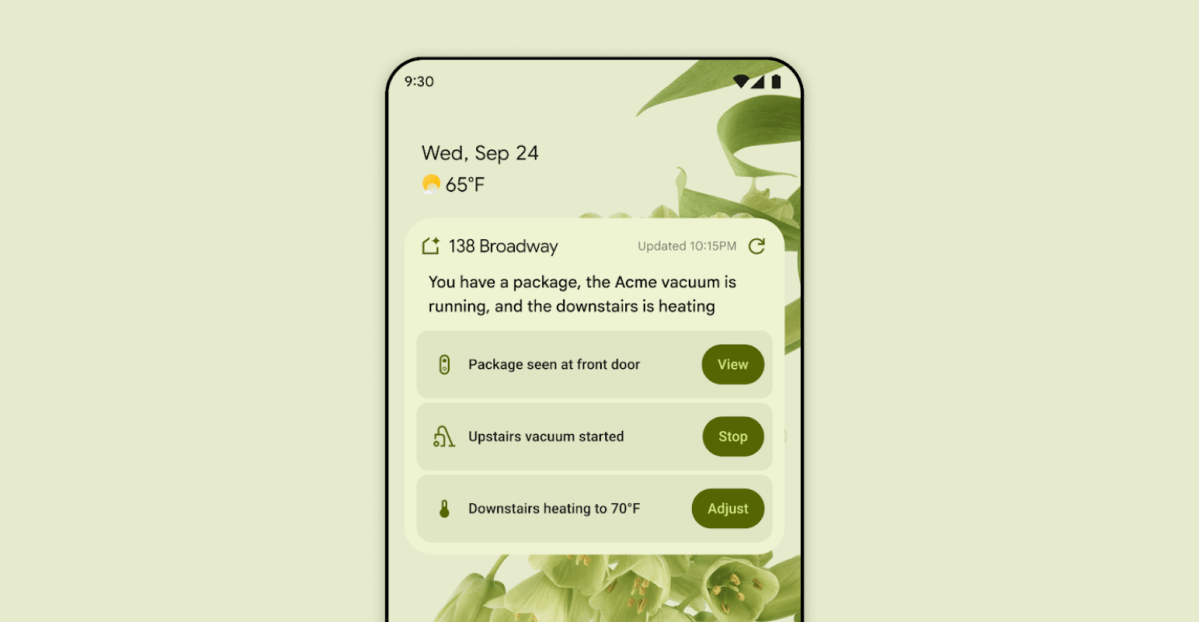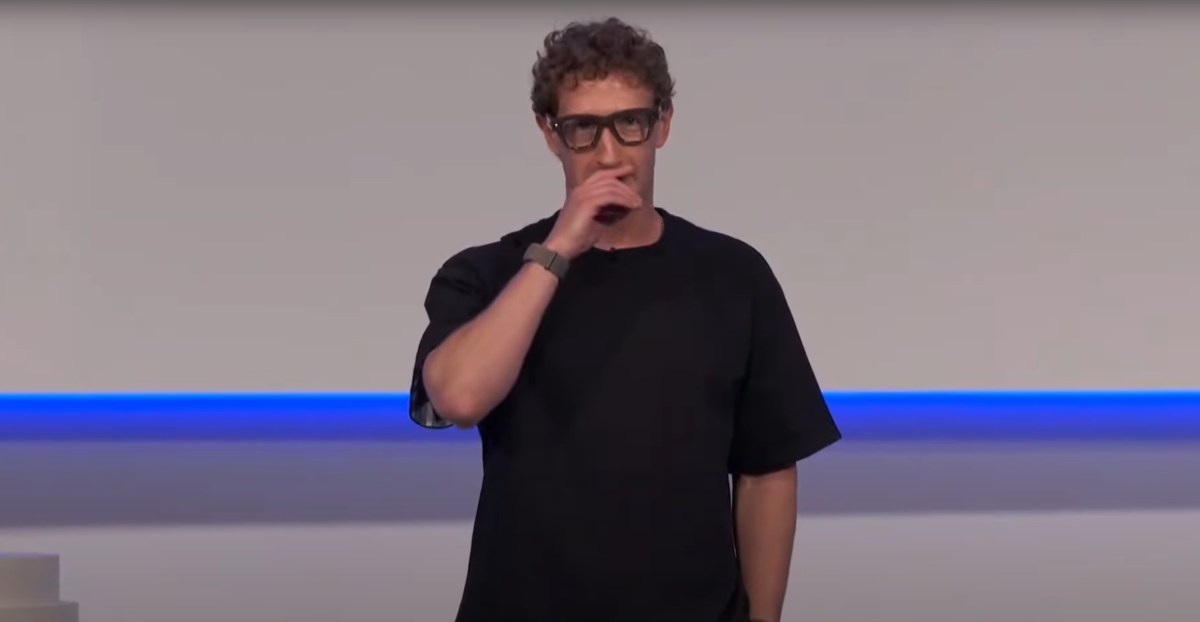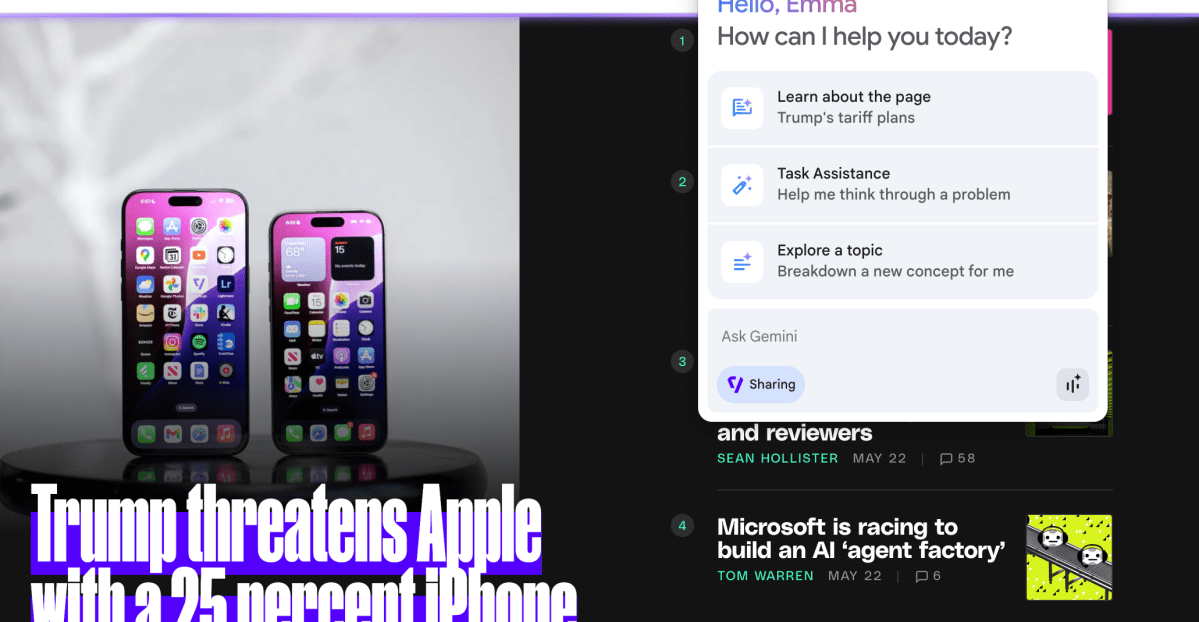
What’s really happening with the hires at Meta Superintelligence Labs
Sources: https://www.theverge.com/ai-artificial-intelligence/767746/meta-ai-superintelligence-lab-departures-scale-zuckerberg-memo, The Verge AI
TL;DR
- Meta spun up Meta Superintelligence Labs after a Scale AI stake and a wave of high-profile hires from OpenAI, DeepMind, and others. The Verge
- Among the TBD Lab, only Ethan Knight has left so far; Avi Verma and Rishabh Agarwal reportedly never started roles there. Other departures occurred in the broader Superintelligence org, including Rohan Varma and Chaya Nayak. The Verge
- Meta has paused hiring across Meta Superintelligence Labs (MSL) with exceptions for business-critical roles as it plans for 2026 headcount. The Verge
- The division will be restructured into three areas—research, product, and infrastructure—with four teams, including the TBD Lab and a continued evolution of FAIR as an innovation engine. Behemoth work reportedly shifted away from active development. The Verge
- The changes come after Meta’s broader expansion through Scale AI and the goal to catch up with leading labs in the AI race, with leadership underscoring ongoing investment in Meta Superintelligence. The Verge
Context and background
In June, Meta announced a major acceleration of its AI ambitions by spinning up a brand-new Meta AI lab, following the company’s acquisition-related moves around Scale AI. Scale AI’s stake in Meta was reported as part of a broader collaboration that connected Meta to Scale AI’s data and talent ecosystem. Alexandr Wang, Scale AI’s CEO, joined Meta to lead the new lab, and Meta hired employees from OpenAI, DeepMind, Anthropic, and other prominent AI firms as part of the push. This period marked a rapid expansion of talent and activity within what would be branded as Meta Superintelligence Labs (MSL). The Verge The slate of new hires drew attention for the breadth of backgrounds, including OpenAI alumni, as Meta aimed to compete against other industry leaders in the race toward more capable AI systems. However, industry chatter and internal reporting at the time suggested that money alone would not guarantee retention or alignment with Meta’s evolving priorities. The Verge A notable internal development during this period was Meta’s decision to rebrand and reorganize its AI efforts under the umbrella of Meta Superintelligence Labs, a division described as comprising thousands of people. Within that structure, the TBD Lab was highlighted as a core team focused on training and scaling large models toward superintelligence, including exploration of directions like an omni model. The Verge
What’s new
Recent internal communications around MSL reveal a temporary pause on hiring across all MS labs, with exceptions for business-critical roles as Meta plans its 2026 headcount. The rationale provided emphasizes thoughtful planning during a period of significant organizational growth in 2025. Leadership, including Alexandr Wang, is actively reviewing positions on a case-by-case basis through weekly meetings. The Verge A separate memo outlined a structural shift: MSL will focus on three broad areas—research, product, and infrastructure—covered by four teams. The TBD Lab remains a central piece, described as a small team dedicated to training and scaling large models with a focus on pre-training, reasoning, post-training, and explorations like omni models. FAIR, Meta’s Fundamental AI Research lab, will be repurposed as an innovation engine to integrate and scale research ideas into the larger model runs led by TBD Lab. The Products & Applied Research team will bring product-focused research closer to development, incorporating work from Assistant, Voice, Media, Trust, Embodiment, and Developer pillars. The MSL Infra team will build and optimize infrastructure, GPU clusters, data tools, and developer environments to support both research and product efforts. Finally, AGI Foundations was dissolved, with its employees moved into one of the four teams. The Verge Meta also faced questions about the scale of hiring rewards, with reports that as many as 10 OpenAI staffers joined Meta, and that packages and equity could amount to hundreds of millions over four years. Meta disputed that figure, underscoring a broader industry reality that compensation alone is not the sole driver for top-tier talent. The Verge
Why it matters (impact for developers/enterprises)
The reshaping of Meta’s AI organization signals both ambition and caution in a high-stakes field. For developers and enterprises, the move highlights Meta’s intent to consolidate and accelerate research and product efforts under a more defined governance and resourcing model. As leaders emphasize strategic planning for 2026 and the integration of research ideas into production-ready work, partners and developers may see changes in access to AI capabilities, model iteration cycles, and the timeline for deploying new innovations. The Verge From a technical perspective, the four-team structure aims to align scientific exploration with practical product development, backed by optimized infrastructure. This alignment could influence how quickly new AI features move from research to user-facing products, and how robust safety and governance considerations are integrated into model scaling and deployment. The Verge
Technical details or Implementation
The reorganized Meta Superintelligence Labs is described as four teams operating under three focal areas: research, product, and infrastructure. The teams include:
- TBD Lab: A small team focused on training and scaling large models to achieve superintelligence across pre-training, reasoning, and post-training, and exploring directions such as an omni model. The Verge
- FAIR: Repositioned as an innovation engine for MSL, with plans to integrate and scale many research ideas into the larger model runs conducted by TBD Lab. The Verge
- Products & Applied Research: Seeks to bring product-focused research closer to product development, including teams previously working on Assistant, Voice, Media, Trust, Embodiment, and Developer pillars in AI Tech. The Verge
- MSL Infra: Builds and accelerates AI research and production infrastructure, including advanced GPU clusters, data infrastructure, and developer tools to support research and product initiatives. The Verge Additionally, AGI Foundations was dissolved, with its employees folded into the three main areas above. Wang signaled ongoing emphasis on Meta Superintelligence through weekly reviews of business-critical hires and a continuing, albeit cautious, investment in talent. The Verge
Key takeaways
- Meta scaled up its AI effort rapidly via Scale AI and a wave of hires from leading AI labs. The Verge
- Departures in the TBD Lab are limited so far, with some named exits not having started in TBD Lab roles. The Verge
- A formal hiring pause is in place across MSL to plan 2026 headcount, with leadership evaluating roles case-by-case. The Verge
- The restructure emphasizes three areas and four teams, with FAIR refocused as an innovation engine and AGI Foundations dissolved. The Verge
- Public reporting on compensation and hires highlighted industry dynamics; Meta disputes some figures but acknowledges competition for top talent. The Verge
FAQ
-
What is the TBD Lab?
small team within MSL focused on training and scaling large models to approach superintelligence, covering pre-training, reasoning, and post-training, and exploring directions like an omni model. [The Verge](https://www.theverge.com/ai-artificial-intelligence/767746-meta-ai-superintelligence-lab-departures-scale-zuckerberg-memo)
-
Why is there a hiring pause?
Meta is planning its 2026 headcount growth and wants time to evaluate business-critical hires across the reorganized structure. [The Verge](https://www.theverge.com/ai-artificial-intelligence/767746-meta-ai-superintelligence-lab-departures-scale-zuckerberg-memo)
-
Who left Meta, and did they come from TBD Lab?
Ethan Knight left the lab after joining; Avi Verma and Rishabh Agarwal reportedly never started in TBD Lab roles; other departures (e.g., Rohan Varma, Chaya Nayak) were from the broader Superintelligence organization. [The Verge](https://www.theverge.com/ai-artificial-intelligence/767746-meta-ai-superintelligence-lab-departures-scale-zuckerberg-memo)
-
What happened to FAIR and AGI Foundations?
FAIR will become an innovation engine within MSL, and AGI Foundations was dissolved with its employees moved to other teams. [The Verge](https://www.theverge.com/ai-artificial-intelligence/767746-meta-ai-superintelligence-lab-departures-scale-zuckerberg-memo)
-
How many OpenAI staff joined Meta, and what about compensation figures?
Reports indicated up to 10 OpenAI staffers joined Meta, with compensation figures cited as potentially up to $300 million over four years; Meta disputes the exact amount. [The Verge](https://www.theverge.com/ai-artificial-intelligence/767746-meta-ai-superintelligence-lab-departures-scale-zuckerberg-memo)
References
More news
First look at the Google Home app powered by Gemini
The Verge reports Google is updating the Google Home app to bring Gemini features, including an Ask Home search bar, a redesigned UI, and Gemini-driven controls for the home.
Meta’s failed Live AI smart glasses demos had nothing to do with Wi‑Fi, CTO explains
Meta’s live demos of Ray-Ban smart glasses with Live AI faced embarrassing failures. CTO Andrew Bosworth explains the causes, including self-inflicted traffic and a rare video-call bug, and notes the bug is fixed.
OpenAI reportedly developing smart speaker, glasses, voice recorder, and pin with Jony Ive
OpenAI is reportedly exploring a family of AI devices with Apple's former design chief Jony Ive, including a screen-free smart speaker, smart glasses, a voice recorder, and a wearable pin, with release targeted for late 2026 or early 2027. The Information cites sources with direct knowledge.
Shadow Leak shows how ChatGPT agents can exfiltrate Gmail data via prompt injection
Security researchers demonstrated a prompt-injection attack called Shadow Leak that leveraged ChatGPT’s Deep Research to covertly extract data from a Gmail inbox. OpenAI patched the flaw; the case highlights risks of agentic AI.
How chatbots and their makers are enabling AI psychosis
Explores AI psychosis, teen safety, and legal concerns as chatbots proliferate, based on Kashmir Hill's reporting for The Verge.
Google expands Gemini in Chrome with cross-platform rollout and no membership fee
Gemini AI in Chrome gains access to tabs, history, and Google properties, rolling out to Mac and Windows in the US without a fee, and enabling task automation and Workspace integrations.





